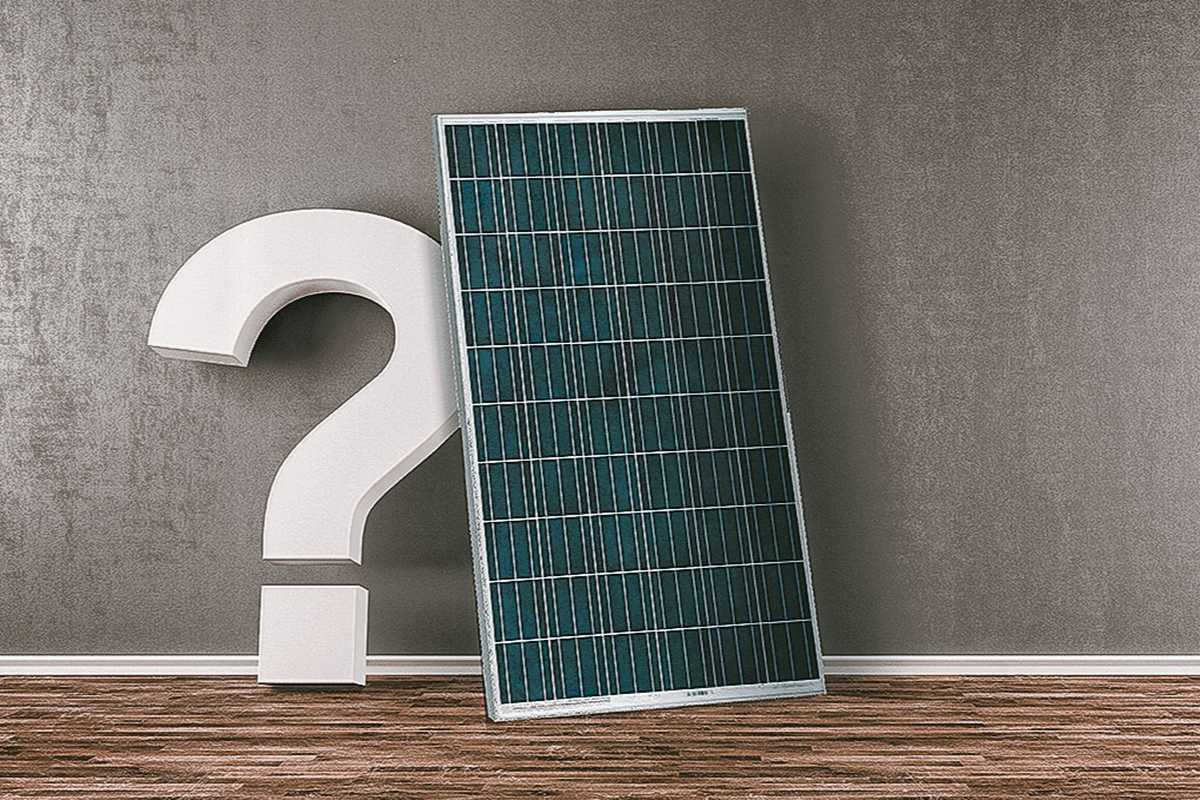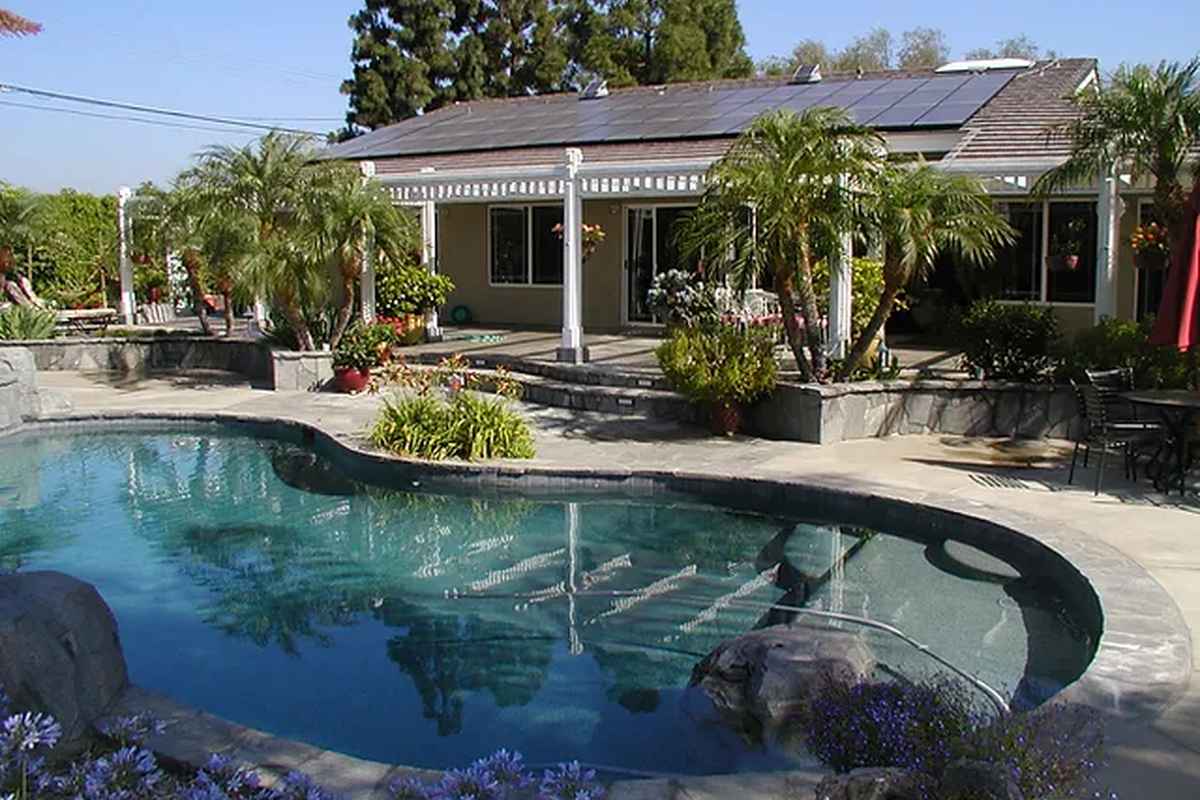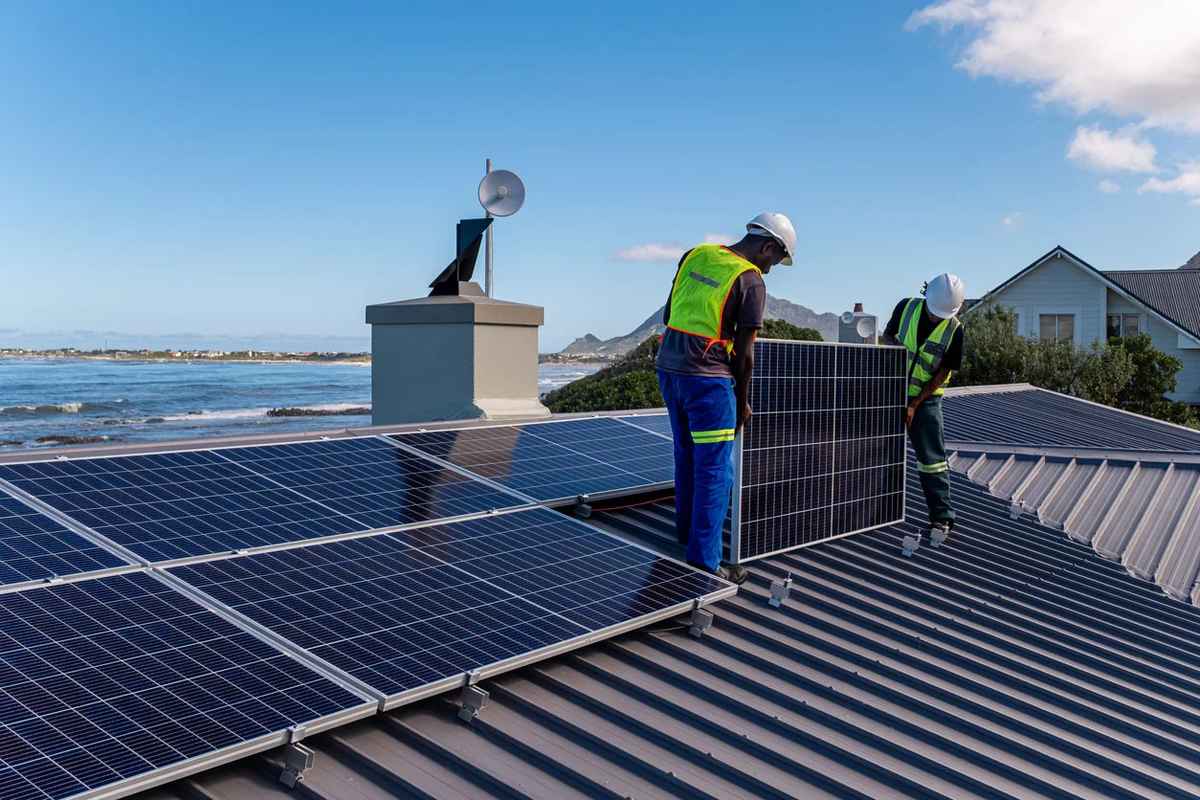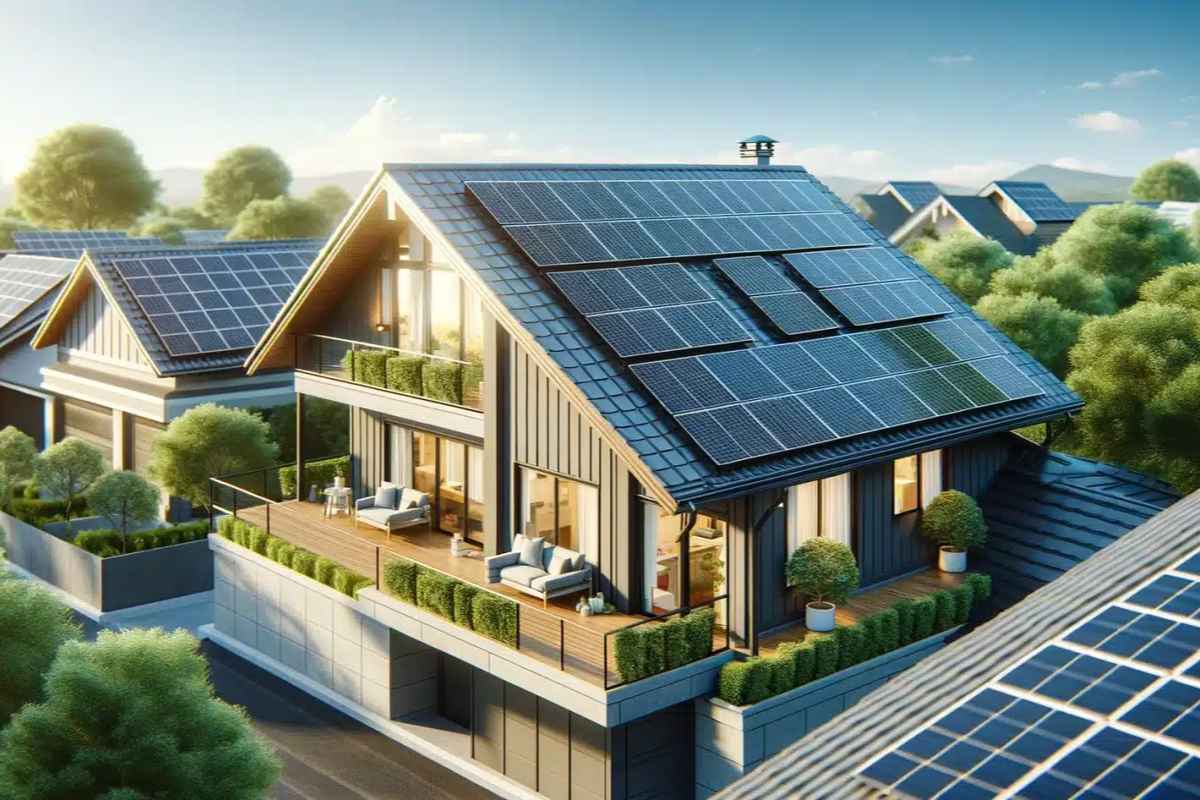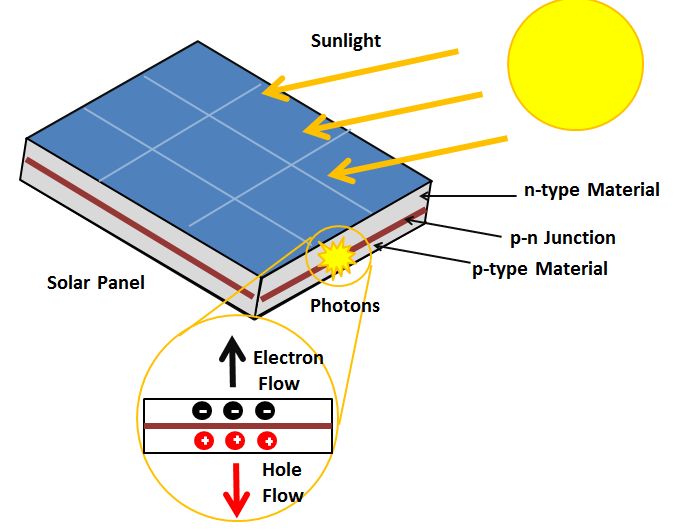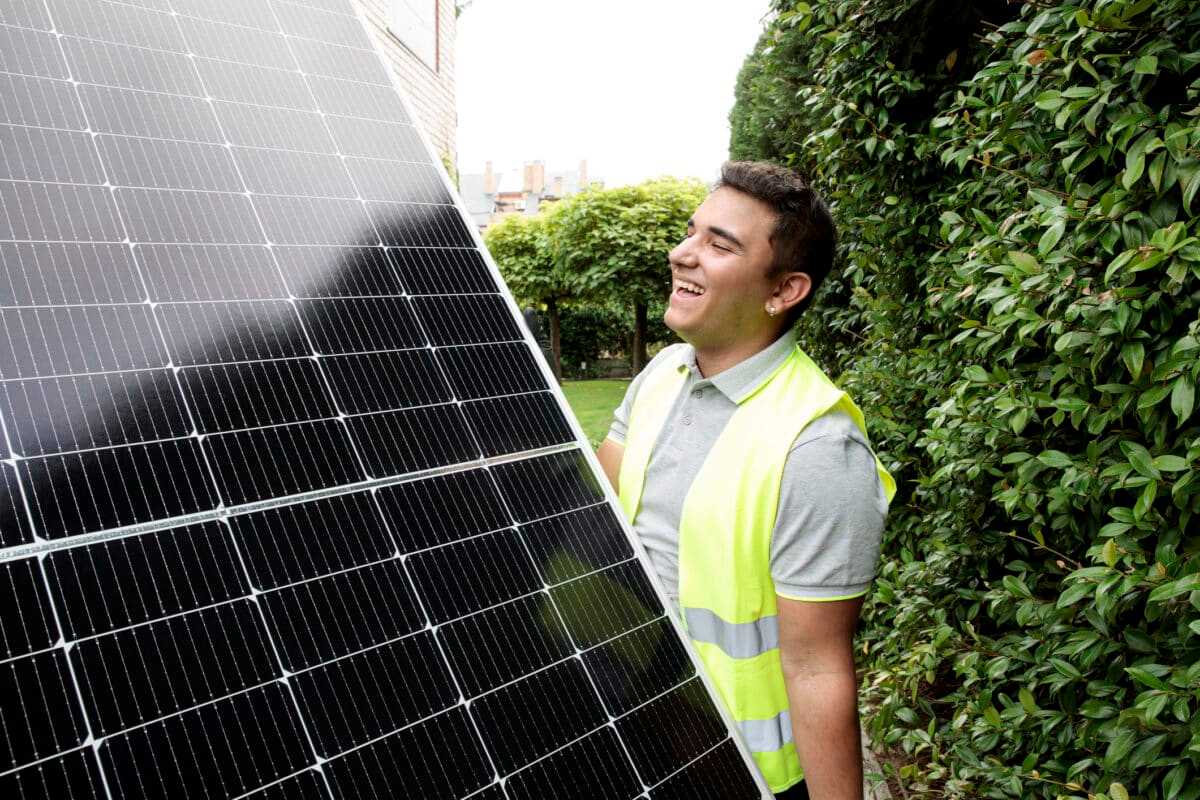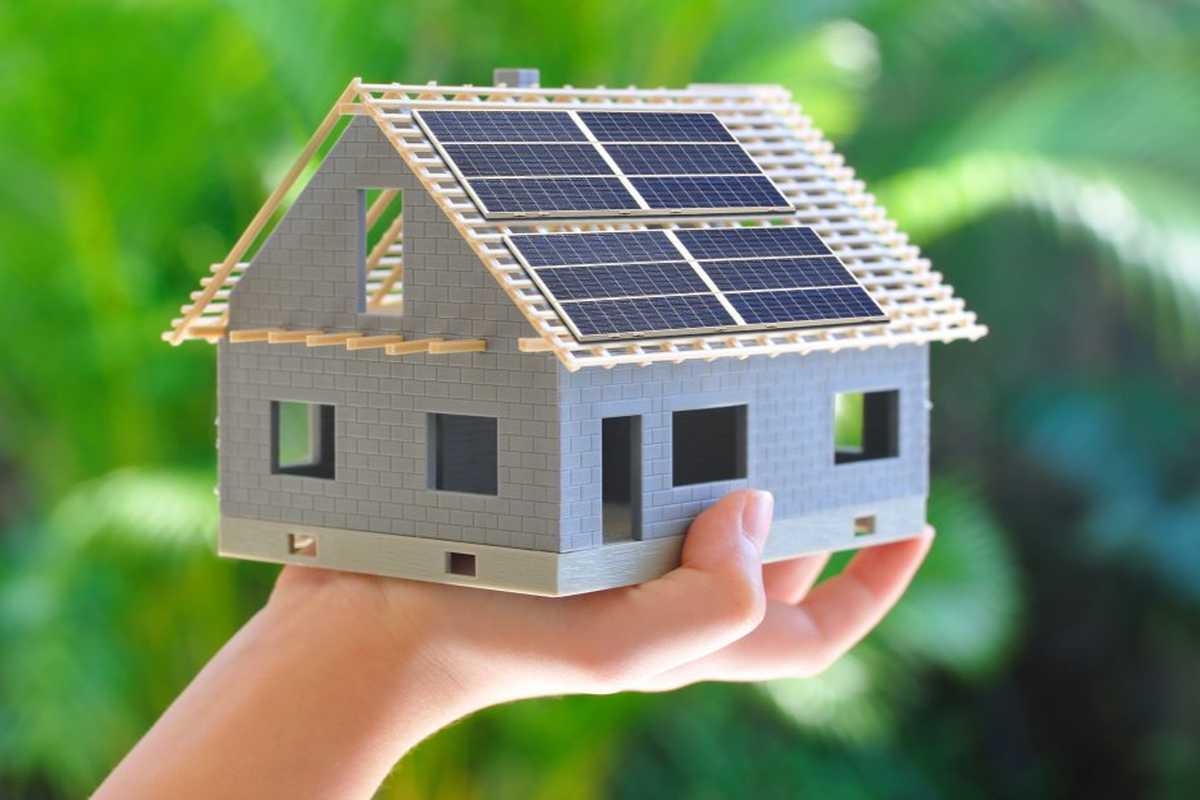4 Important Things You Should Know about Solar Pool Heating Systems
Enjoying a warm swim in a heated pool is delightful, but traditional heating systems can be costly due to their constant electricity use. A solar pool heating system offers a more efficient and cost-effective alternative. It harnesses solar energy to warm your pool, significantly reducing electricity costs.
This eco-friendly solution lets you comfortably enjoy your pool without the high expense of conventional heating methods.
How It Works
A solar pool heater is a straightforward and efficient way to heat your pool using solar energy. Here’s a brief overview of how it works:
- The automatic control valve component directs water through a solar collector where it gets heated by the sun’s energy and then back into your pool.
- As the water circulates, it passes through the heater and warms up to your desired temperature before returning to the pool.
- The solar heater typically works in conjunction with your pool’s filtration system, continuously heating the water just like the filter removes contaminants.
- The heater captures solar rays and converts them into energy to heat your pool. The entire process is efficient and doesn’t require much intervention once professionally installed.
Overall, it’s a seamless, hands-free solution for maintaining a comfortable pool temperature using renewable energy.
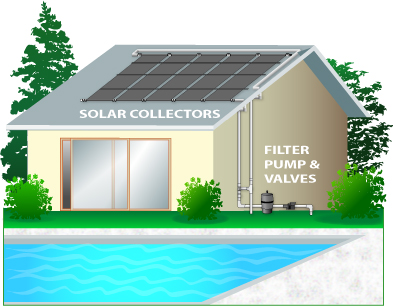
Use and Maintenance
Solar pool heating systems are low-maintenance and efficient, ideal for year-round use in sunny areas like Arizona. They require minimal attention, generally just an annual professional inspection and maintenance, similar to other pool heating systems.
Once installed by our team, they’re easy to manage with only occasional adjustments needed for temperature or settings.
These systems work in tandem with your pool’s filtration system but are less hands-on, offering a straightforward and user-friendly experience.
The Installation Process
Once you’re ready to explore solar heating for your pool, our team will then offer a free, no-obligation home consultation to discuss your options and customize the installation for your specific needs.
We’re equipped to install on any roof type and ensure a smooth process tailored to your home. After installing the solar heating system, we’ll connect it to your pool, get it up and running, and teach you how to operate it with ease.
Throughout the process, we provide detailed information and support, ensuring you’re confident in using and maximizing your new system.
Plus, if you’re considering a whole-home solar system, we can guide you on how this could further enhance your home’s energy efficiency.
Benefits of a Solar Heating System
If you’re fond of swimming, a solar pool heating system is a smart investment due to the several benefits it offers. Here are some of them:
- Energy Cost Savings – These systems won’t increase your electricity bills, allowing you to enjoy a warm pool without added energy costs.
- Durability and Warranties – Solar pool heaters are long-lasting and often come with warranties, offering peace of mind. Regular maintenance can further extend their lifespan.
- Low Maintenance and Ease of Use – They are user-friendly and require minimal upkeep, functioning efficiently behind the scenes.
- Environmental Benefits – Solar heaters help reduce your environmental footprint, allowing you to enjoy your pool responsibly.
- Tax Incentives – In Arizona, these systems are eligible for tax incentives, significantly reducing the cost of installation.
Most importantly, a solar pool heating system transforms your pool from a seasonal luxury to a year-round amenity. Imagine a warm, inviting swim even on a cool fall day – it’s a great way to maximize the use of your pool.

